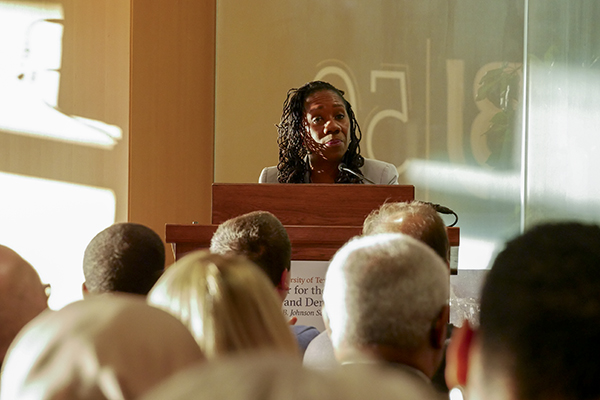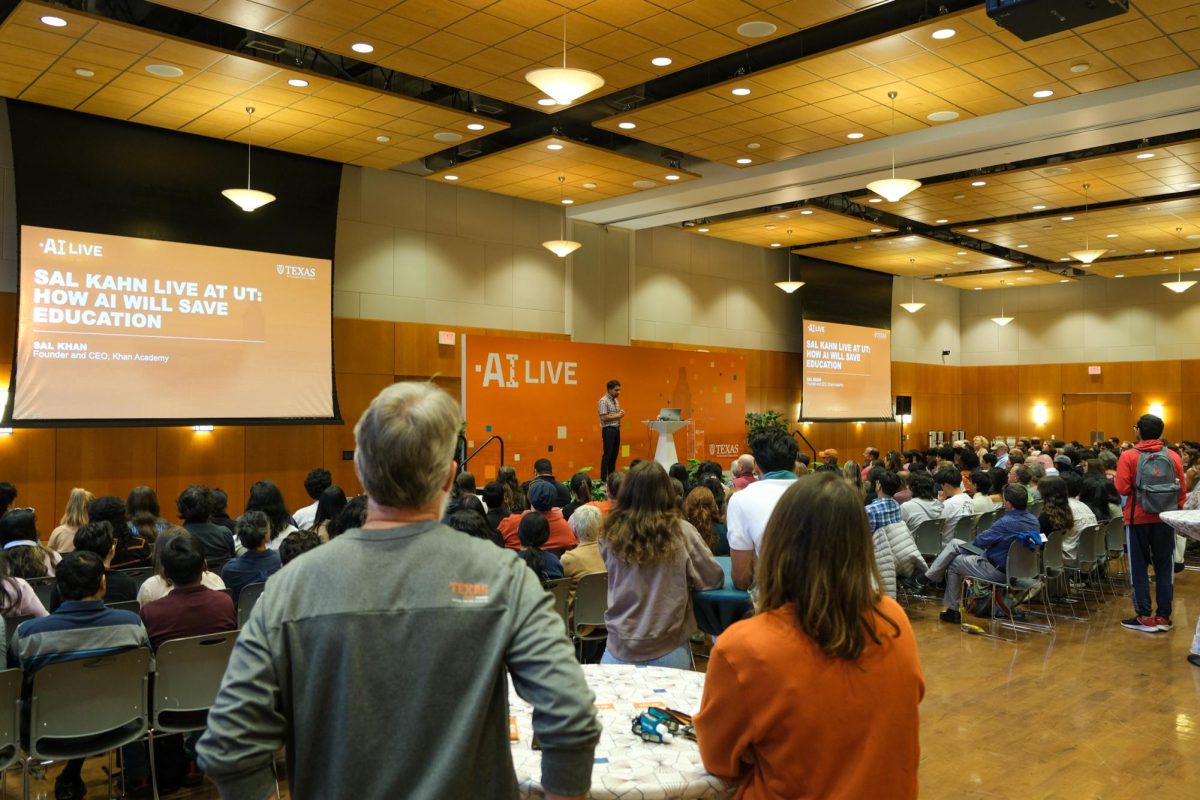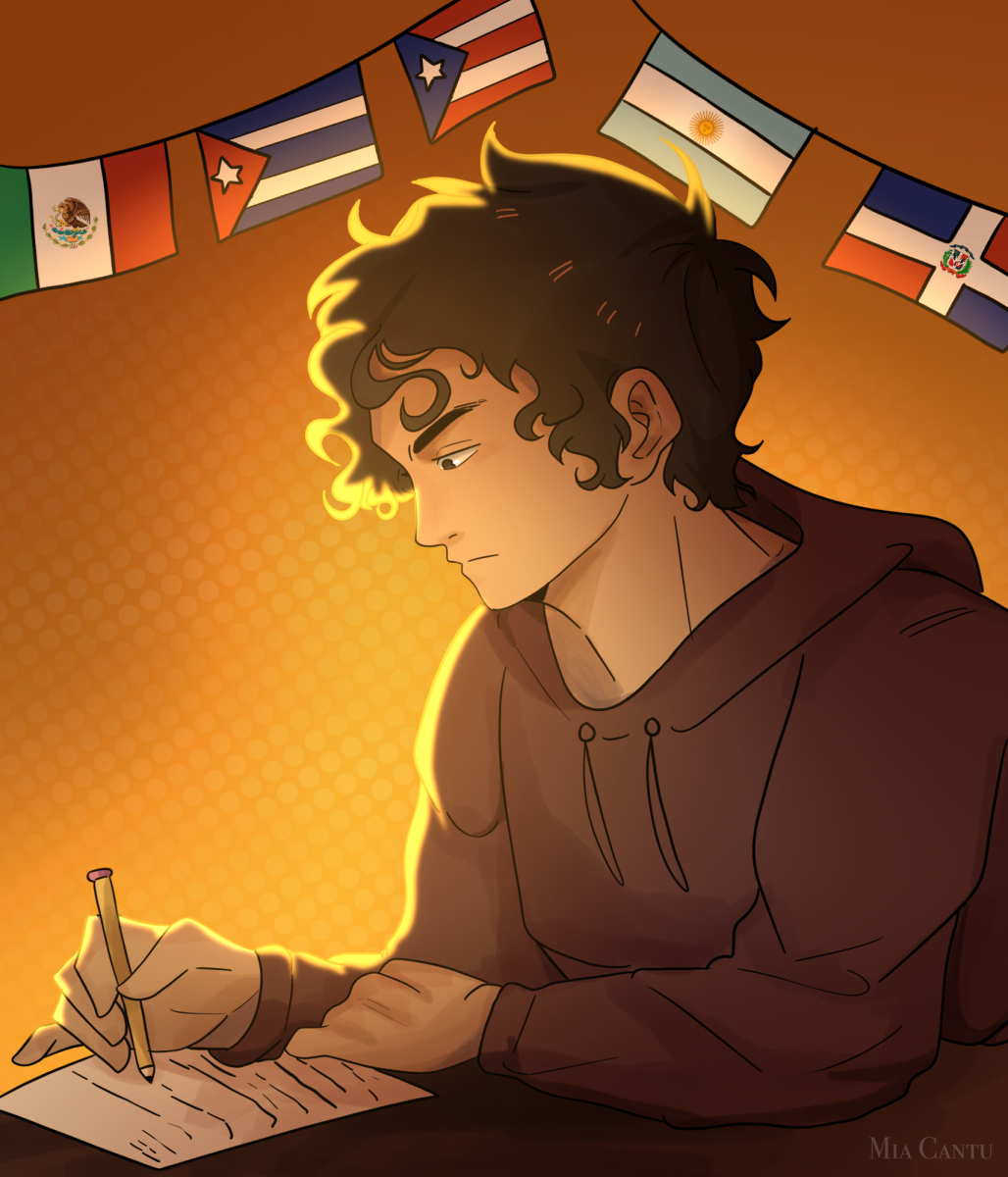Dozens gathered to hear the president and director-counsel of the NAACP Legal Defense and Educational Fund talk about the intersections of voting rights, civil rights and democracy at the Lyndon B. Johnson School of Public Affairs lobby on Wednesday.
Sherrilyn Ifill came to the University of Texas as part of the Center for the Study of Race and Democracy lecture series about civic engagement and criminal justice in America. Ifill is the seventh director-counsel of the NAACP Legal Defense and Educaitonal Fund. LBJ School professor Peniel Joseph, who has hosted all of the lectures in the series, invited Ifill. Joseph said he organized the series to inspire civic engagement and critical thinking at UT and in Austin.
“This is for students, undergraduates, graduates, faculty (and) staff; thinking about (as) practitioners how we can change the world,” Joseph said. “We are bringing in speakers who are actual change makers.”
Ifill began by reflecting on the United States democracy through her lens as a civil rights lawyer and someone exposed to voter suppression all over the country.
“I said our democracy was at a crossroads a few years ago,” Ifill said. “We’ve long passed the crossroads. We are headed straight for a precipice. Below that precipice lays authoritarianism, the end of the rule of law, a full-on rollback of civil rights — of women’s rights, of humans’ rights — and our democracy. We are in a swiftly moving train to that precipice.”
Ifill discussed how criminal justice relates to U.S. democracy. She described the criminal justice system as a way of investing in some of the country’s biggest problems.
“We pushed them to a place,” Ifill said. “We don’t have to see it and because the effect of it mostly falls on Brown and Black people means that we could do it. Think about what it takes to get 2.3 million people: more courtrooms, more jails, more police. We didn’t invest in education, real job training, mental health care.”
Ifill said she believes in Americans’ ability to transform the country into something democratic.
“We are a spoiled generation,” Ifill said. “Most of us in this room, probably, were born after World War II. We only saw the world going in one direction. Who are we to not have to not do the hard work? We’ve largely been beneficiaries, and now it’s our time to do the work.”


















